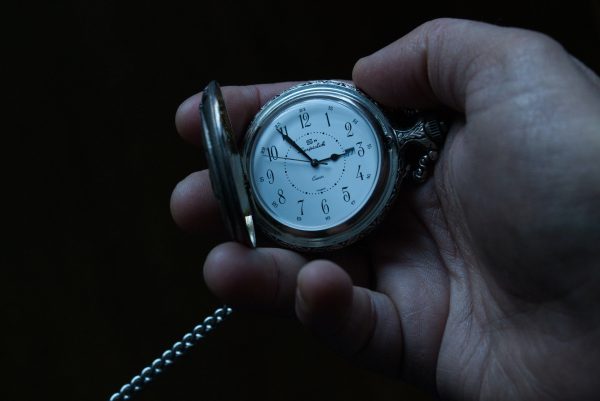Interviews: Asking Too Late
From Career Tips, 2014 Volume 2, February 2014
A well-prepared candidate thoroughly researches the opportunity, the company, its issues and its people prior to an interview. Part of that effort involves coming up with relevant, intelligent questions to explore.

Surprisingly, many candidates then proceed to blow it by waiting for permission to ask those questions. They expect that there will come a 'natural' time late in the meeting when the interviewer will ask if they have any questions.
You are right that there will come such a point. You are dead wrong if you save up your most substantive questions until that time.
Why is this?
First off, what am I looking for in a candidate? I'm seeking someone who will make a good member of my team, who I will enjoy working with, and who I can relate to easily. If you spend most of the meeting simply answering my questions, then I'm not getting to judge those aspects. I'm left thinking, "Jane gives good answers to my questions, but I'm not really sure if she can have a substantive conversation."
Second, I'm looking for someone who is going to make a solid contribution not just now but as they grow in the job. I'm looking not just for what you can do today, but am also judging your potential. Saving up your good questions for the end of the interview suggests hesitancy, perhaps over-deference, and makes me start to question leadership potential.
Third, if you actually have some really insightful questions that could lead to a serious discussion, does it make any sense to wait until we only have a few minutes left in the interview? Is it really a good idea to assume that I will make as much time as possible for an in depth discussion of any of your questions, when the pre-scheduled time for the meeting is approaching its conclusion?
Here are some thoughts I might have if you ask a truly insightful question when the interview is almost over:
- That's a really good question, that we could have spent some time really diving into had Jim asked that sooner. Why did he wait until now, when our time is almost up?
- Is this the way Jim prioritizes all of his important meetings, waiting until the end to get to really important issues? What does that tell me about his modus operandi and effectiveness in critical discussions?
- Does Jim even realize what a good question that was? Perhaps not, given the low priority he gave it in our discussion. Am I giving him too much credit?
In summary:
- Do make sure you work to come up with good questions in preparation for the interview.
- Don't save them for the end - find natural ways to bring them up during the course of the interview.
If you struggle with asking questions naturally throughout the interview, then perhaps you need some more practice. When I practice-interview my clients, I make a point of showing them places where there was a natural opportunity to ask a question.
If you'd like to talk about how I could help you turn interviews into offers, take my Career Search Assessment, and I'll reach out to schedule a 30 minute call to explore your goals and challenges, and explain what working together would look like.
